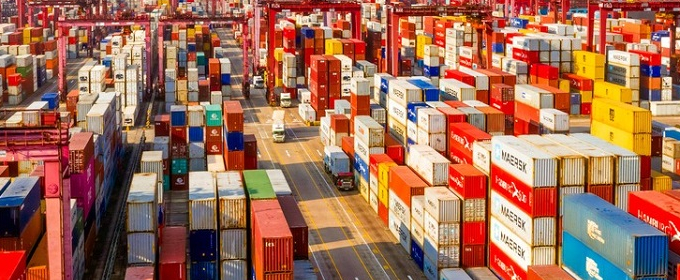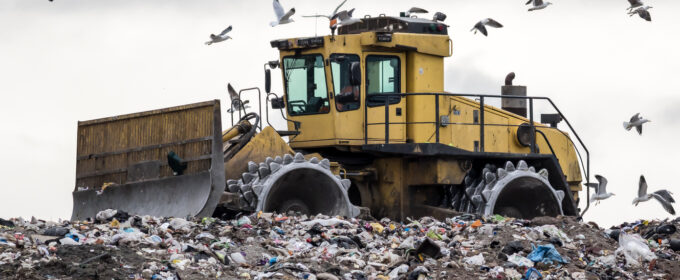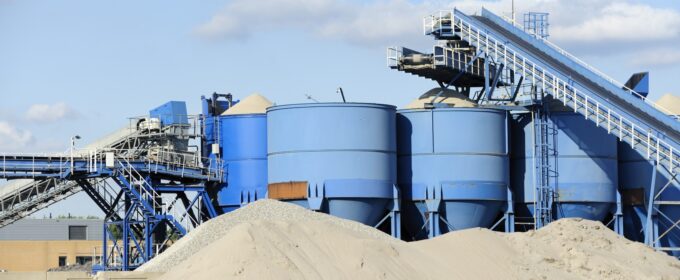Water scarcity is one of the most critical and widespread impacts of climate change. In England, water stress is an immediate crisis, with the gap between public water supply and demand increasing year on year. Alongside necessary changes to supply systems and improving the efficiency of buildings and appliances, additional measures to curb demand are […]









